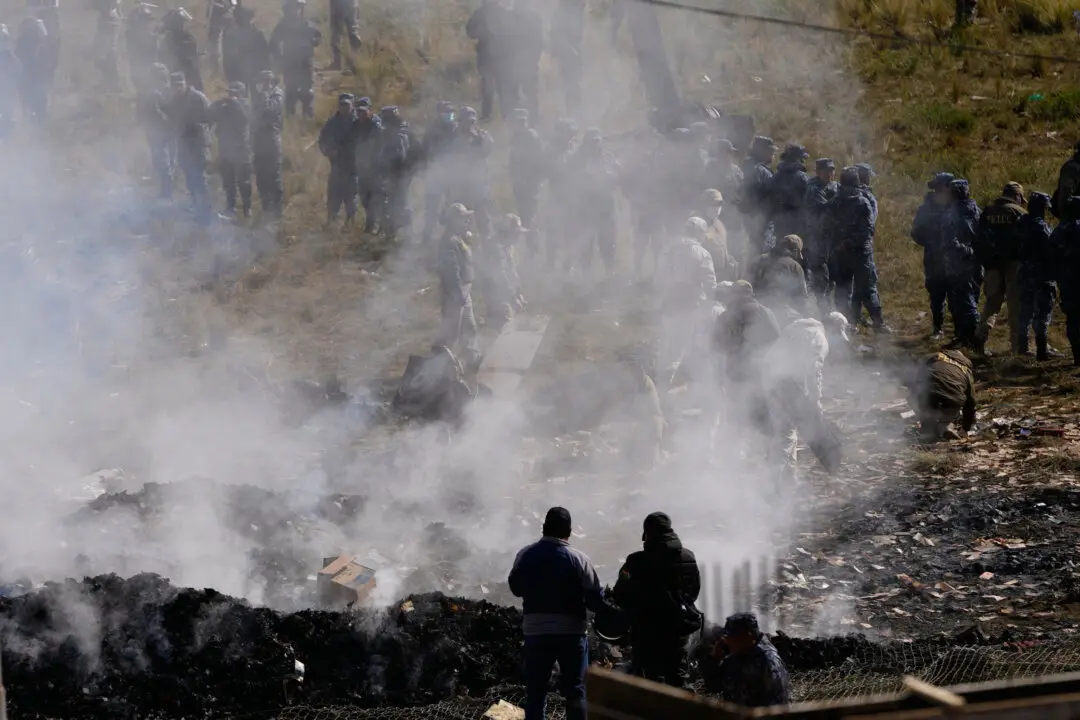LONDON—President Vladimir Putin probably approved a plan by Russia’s FSB security service to kill former agent Alexander Litvinenko, who died three weeks after drinking tea laced with poison at a London hotel, a British judge said Thursday.
In a lengthy report, Judge Robert Owen said that he is certain Litvinenko was given tea with a fatal dose of polonium-210, a radioactive isotope that is deadly if ingested even in tiny quantities, in November 2006.
He said there is a “strong probability” that the FSB, successor to the Soviet spy agency the KGB, directed the killing, and the operation was “probably approved” by Putin.
Before he died, Litvinenko accused Putin of ordering his killing, but this appears to be the first time anyone has officially linked Putin to it.
Moscow has always strongly denied involvement in Litvinenko’s death, and Russian Foreign Ministry spokeswoman Maria Zhakarova said Thursday that the government does not consider Owen’s conclusions to be objective or impartial.
“We regret that a purely criminal case has been politicized and has darkened the general atmosphere of bilateral relations,” Zhakarova said in a statement. She said Britain’s decision to hold a public inquiry on the case was politically motivated and that the process was not transparent for the Russian side or the public.
Russia has refused to extradite the two main suspects, Andrei Lugovoi and Dmitry Kovtun.
Lugovoi is a member of the Russian parliament, which means he is immune from prosecution. In an interview with the Interfax news agency, he called the charges against him “absurd.”
“As we expected, there was no sensation,” he said. “The results of the investigation that were announced today once again confirm London’s anti-Russian position and the blinkered view and unwillingness of the British to establish the true cause of Litvinenko’s death.”
Litvinenko, a former FSB agent, fled to Britain in 2000 and became a vocal critic of Russia’s security service and of Putin, whom he accused of links to organized crime.
Owen said Litvinenko “was regarded as having betrayed the FSB” with his actions, and that “there were powerful motives for organizations and individuals within the Russian state to take action against Mr. Litvinenko, including killing him.”





